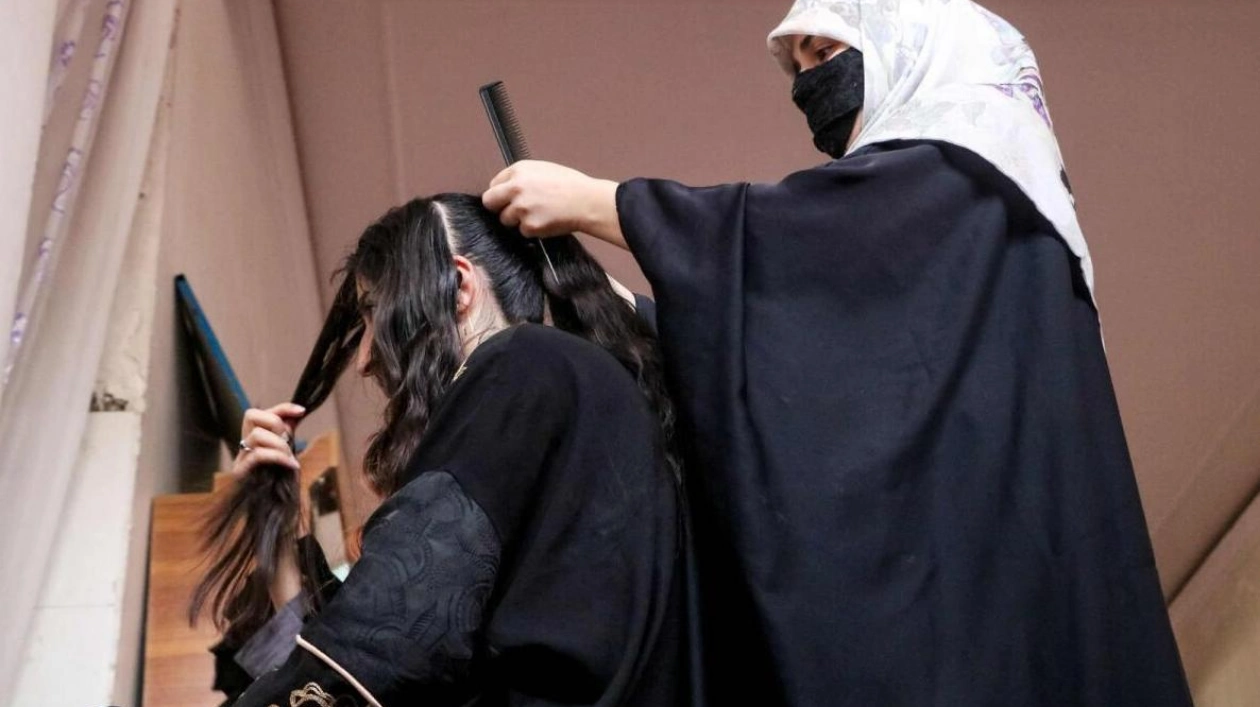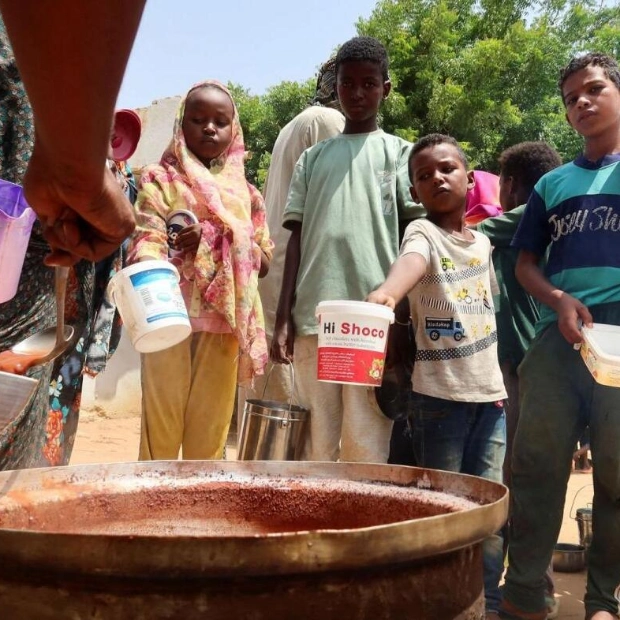In a recent video, an Afghan woman sings, revealing only a small part of her face. She is one of many women participating in an online protest against a law that prohibits women from publicly expressing themselves. Last week, Taliban authorities enacted this law, which comprises 35 articles mandating that women's faces, bodies, and voices must be concealed when outside their homes. In defiance, Afghan women, both within and outside the country, have shared videos of themselves singing on social media, using hashtags like "My voice is not forbidden" and "No to Taliban".
Zala Zazai, a former policewoman now residing in Poland, posted a video of herself singing a song by renowned artist Aryana Sayeed, which celebrates the strength of Afghan women. Zazai expressed that the restrictions placed on Afghan women are intolerable. She emphasized that Afghan women have realized that misogynists cannot justify denying their human rights under the guise of religion and culture, and their calls for these rights will not be silenced.
Another video, allegedly filmed inside Afghanistan, shows a woman completely covered in black, singing under a long veil. She laments being silenced and confined to her home for the mere fact of being a woman. Women activists have also posted videos showing them raising their fists or tearing images of Taliban leader Hibatullah Akhundzada, who governs from Kandahar.
An activist group chants in a video, "A woman's voice is the voice of justice". The law, titled "Promotion of Virtue and Prevention of Vice", codifies numerous rules that have been enforced since the Taliban took control in 2021, adhering to a strict interpretation of Islamic law, Shariah. It explicitly states that women must not sing or recite aloud in public and should keep their voices within the confines of their homes. The law also requires women to cover their faces, bodies, and voices when they must leave their homes for essential reasons.
Taliban spokesperson Zabihullah Mujahid has argued that criticisms of the law reflect arrogance and a misunderstanding of Shariah. Women have been disproportionately affected by these restrictions, which limit their access to education, public spaces, and certain jobs, earning the label of "gender apartheid" from the United Nations. Both the UN and other international organizations have strongly condemned the new law, asserting that it further constricts women's rights.
On Tuesday, the UN High Commissioner for Human Rights urged for the repeal of the law, describing it as utterly intolerable. Spokeswoman Ravina Shamdasani explained that the law institutionalizes policies that entirely erase women's presence in public, silencing their voices and stripping them of individual autonomy, effectively turning them into faceless, voiceless shadows.






